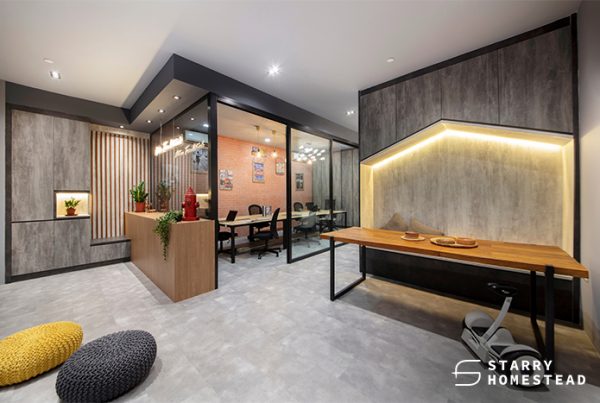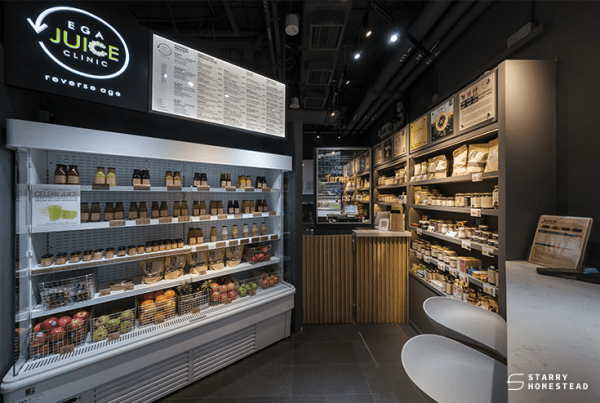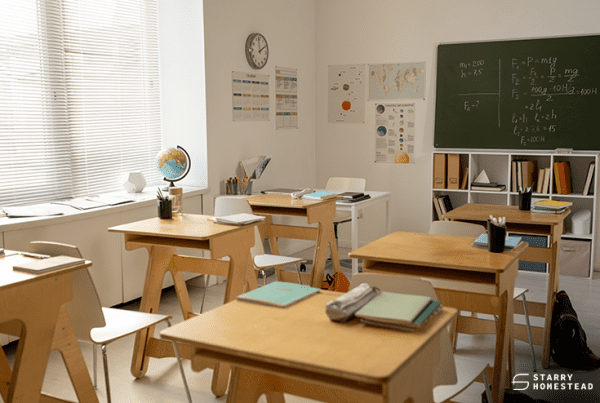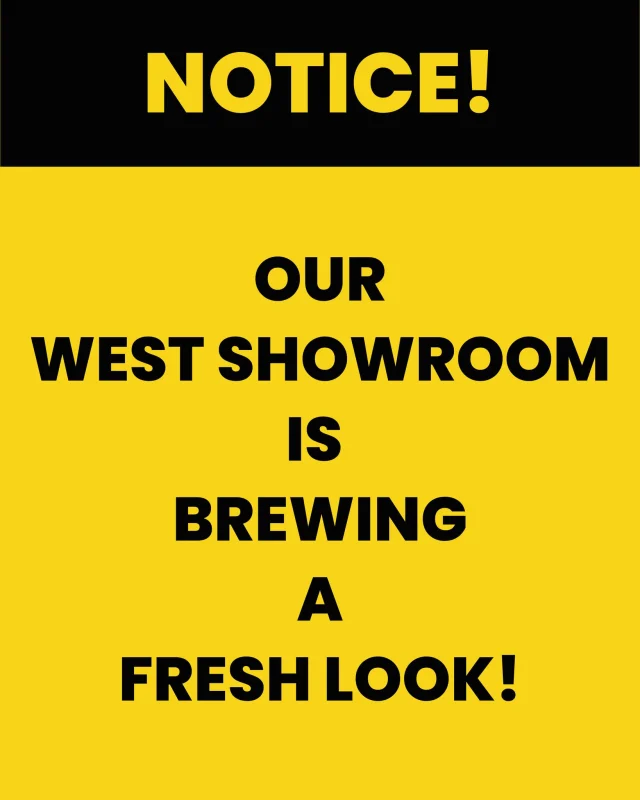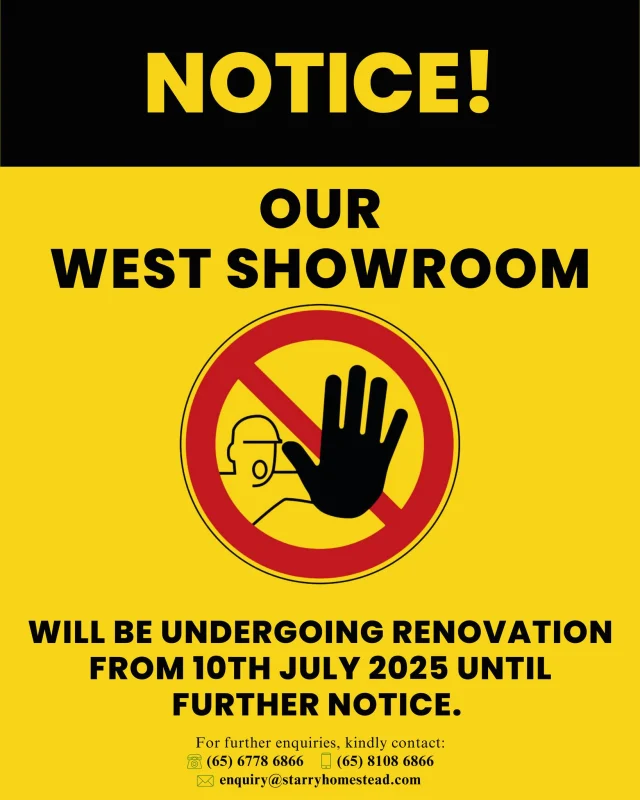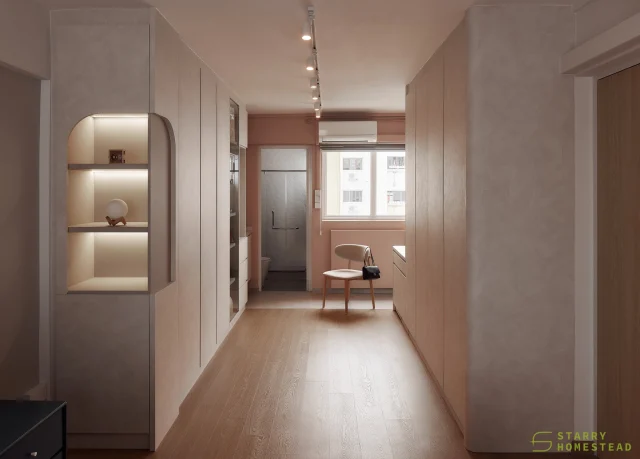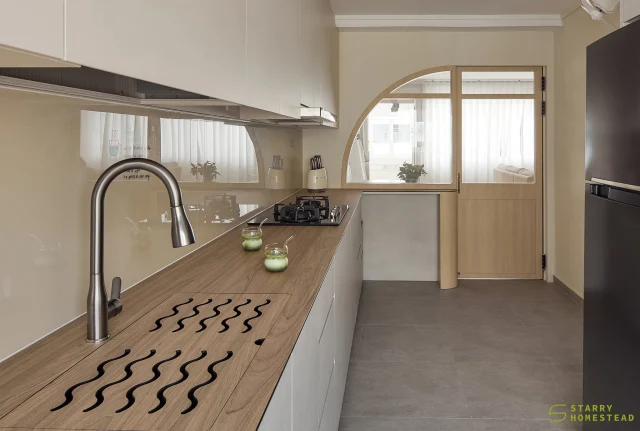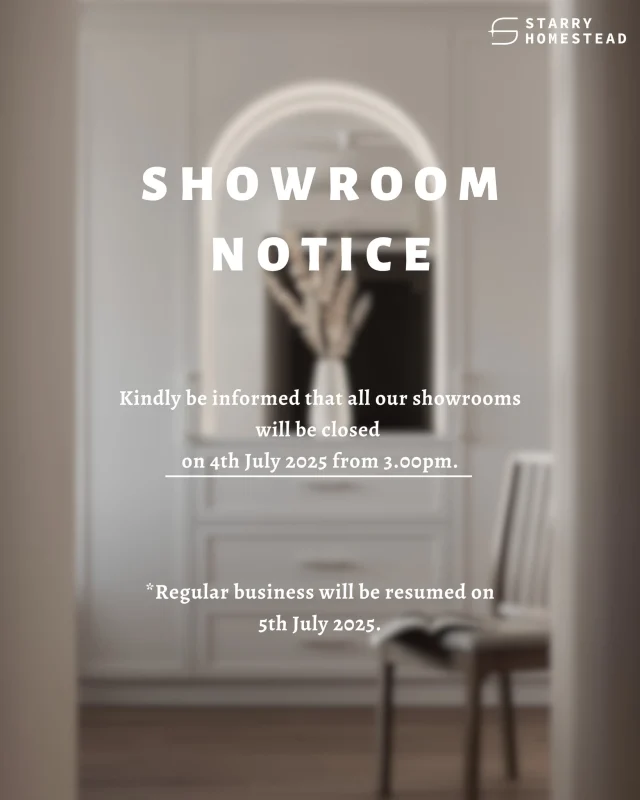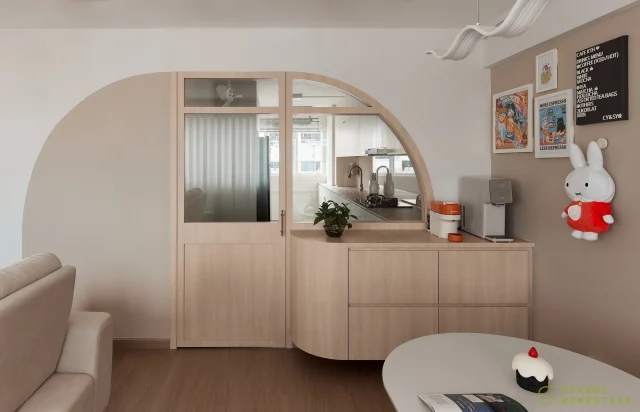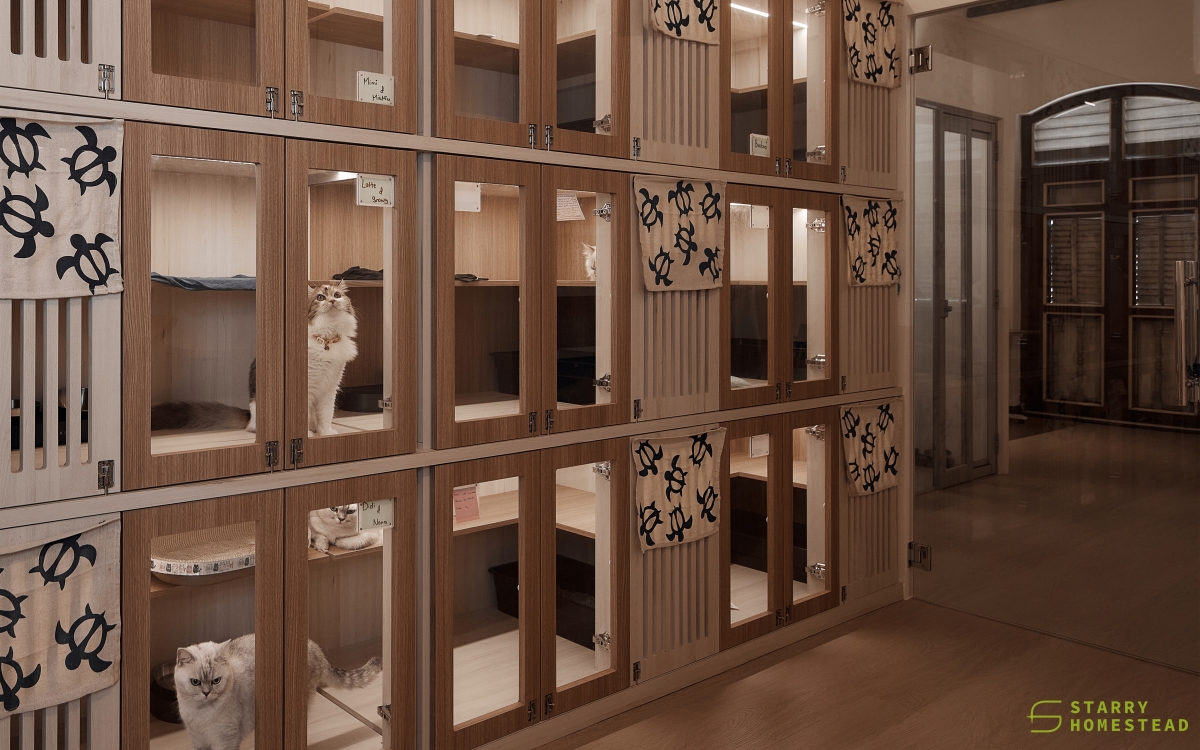 Choosing the right flooring for a retail store is a pivotal decision that goes beyond aesthetics. It shapes customer experiences, reflects your brand image, and sets the tone for your space. From first impressions to functionality, flooring influences how customers navigate and perceive your store. However, striking the perfect balance between durability, style, and practicality can be challenging.
Choosing the right flooring for a retail store is a pivotal decision that goes beyond aesthetics. It shapes customer experiences, reflects your brand image, and sets the tone for your space. From first impressions to functionality, flooring influences how customers navigate and perceive your store. However, striking the perfect balance between durability, style, and practicality can be challenging.
Let’s delve into how you can decide what type of flooring is the best for a shop, ensuring your business stands out for all the right reasons.
The Perfect Floors: Setting the Right Foundation for Your Retail Store
Flooring serves as the literal and visual foundation of your retail space. The right flooring choice complements the store’s décor, fosters a welcoming atmosphere, and highlights your products. Beyond its role as a backdrop, flooring also affects traffic flow, customer comfort, and even employee efficiency.
For example, while luxurious tiles may elevate the ambience, they should be chosen for their ability to handle the wear and tear of foot traffic. Similarly, vibrant industrial carpets may enhance your brand’s identity but must be easy to maintain.
Ultimately, the best flooring for a retail store combines style and substance, helping you create an environment that keeps customers coming back.
What to Consider When Choosing Retail Flooring
When selecting flooring for retail stores, consider these critical factors to make an informed choice:
- Durability: Retail spaces endure heavy foot traffic, potential scratches, spills, and other damage. Opt for flooring materials that withstand these challenges without compromising appearance over time.
- Maintenance: Flooring that’s easy to clean and maintain saves time and effort. It ensures your store remains polished and inviting, regardless of daily wear.
- Aesthetics: Your flooring should align seamlessly with your brand image and store design. Consider materials that reflect your identity while enhancing the overall décor.
- Comfort: Comfortable flooring improves the experience for both customers and employees, particularly in stores where people spend extended periods.
- Safety: Prioritise slip-resistant surfaces to minimise hazards and create a safe environment for everyone. This is especially crucial in areas prone to spills or moisture.
Best Floors for Your Retail Shop
Several commercial flooring options are well-suited for retail spaces, offering a variety of ideas to enhance functionality and aesthetic appeal. Each type of flooring comes with unique features that can complement different retail environments, from high-end boutiques to bustling convenience stores.
Below is an overview of some of the top choices, along with their pros and cons, to help you identify the perfect foundation for your space.
1. Tile
Tile is a favoured flooring option for retail spaces due to its resilience and design flexibility. Available in a vast array of colours, patterns, and finishes, it easily adapts to different store aesthetics while withstanding heavy foot traffic.
- Pros: Durable, water-resistant, and versatile in style and design.
- Cons: Prone to cracking under heavy impact, can be slippery, and grout lines may stain over time.
2. Industrial Carpet
Ideal for stores focused on customer comfort, industrial carpet offers a soft, cushioned surface that enhances the shopping experience. It also absorbs sound, contributing to a quieter, more inviting atmosphere.
- Pros: Comfortable underfoot, reduces noise, and comes in a range of colours and patterns.
- Cons: Might look cheap if not well-maintained, traps dirt and allergens, is less eco-friendly due to synthetic materials, and tends to wear out faster than hardwood or tile.
3. Rubber
Rubber flooring is a practical choice for high-traffic retail spaces, offering a long-lasting and non-slip surface. Its cushioning effect can also reduce fatigue, making it a comfortable solution for both shoppers and staff.
- Pros: Highly durable, slip-resistant, noise-reducing, water-resistant, and comfortable.
- Cons: Higher upfront costs than other materials, such as PVC, limited design options, and may not suit all aesthetic preferences.
4. Luxury Vinyl Plank (LVP)
LVP delivers the visual appeal of hardwood with minimal maintenance. Its water-resistant properties and affordability make it a smart choice for a variety of retail settings.
- Pros: Durable, versatile, cost-effective, waterproof, and mimics hardwood aesthetics.
- Cons: The quality can be inconsistent, tend to be difficult to remove due to strong adhesives, and might fade in sun-exposed areas..
5. Engineered Hardwood
Engineered hardwood floors combine the classic beauty of wood with enhanced durability, making it a timeless option for upscale retail stores. Its sustainable variants and warm appearance add to its appeal.
- Pros: Has attractive design, resists climate-related expansion, cost-effective, and requires minimal maintenance.
- Cons: Shorter lifespan than hardwood and may not be as eco-friendly.
Partnering with a Design Expert for Optimal Flooring Choices
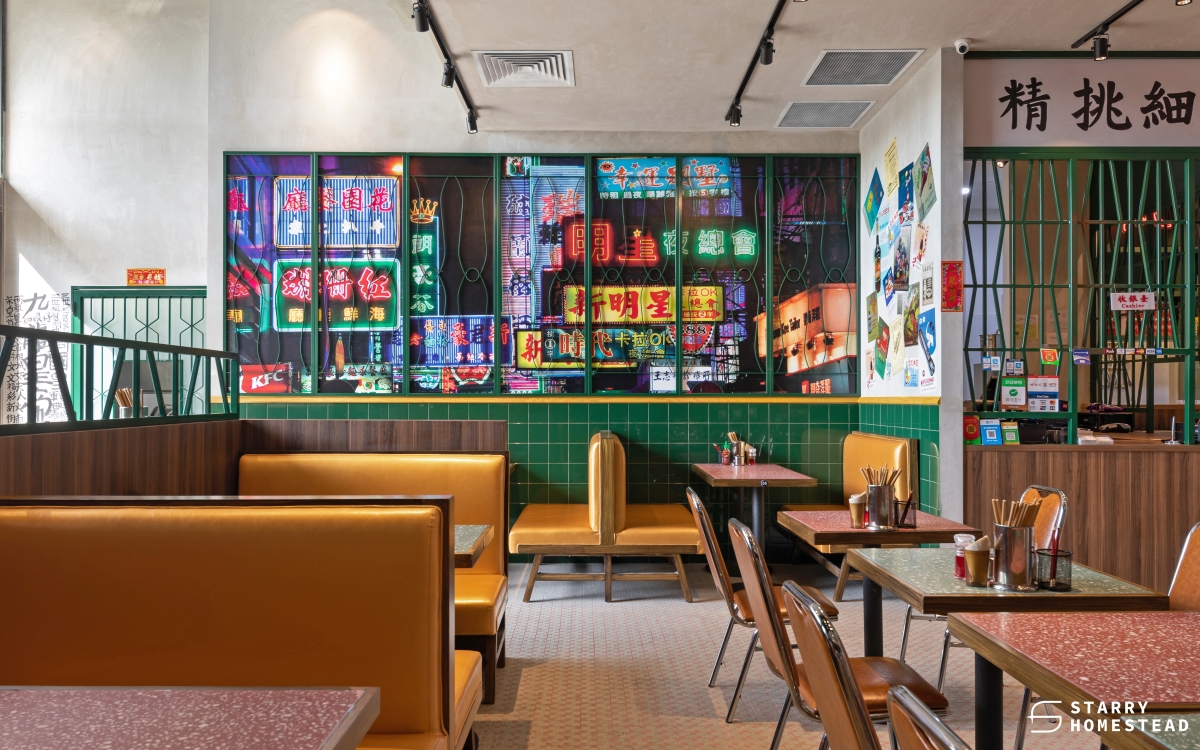 Navigating commercial flooring types and selecting the perfect fit can be overwhelming. This is where professional interior design services come into play. Choosing a design expert can help you navigate through the entire process, and they can also provide invaluable insights tailored to your business needs.
Navigating commercial flooring types and selecting the perfect fit can be overwhelming. This is where professional interior design services come into play. Choosing a design expert can help you navigate through the entire process, and they can also provide invaluable insights tailored to your business needs.
Here’s how a design professional can help you decide which flooring is best for your shop:
- Assess specific requirements: They evaluate foot traffic, brand image, and budget to recommend flooring solutions.
- Offer informed recommendations: Balancing durability, aesthetics, and functionality, they suggest options aligned with your goals.
- Create cohesive designs: They integrate flooring seamlessly into the overall design, enhancing the store’s visual appeal.
- Ensure quality installation: Professionals ensure proper installation and advise on maintenance for lasting performance.
Collaborating with experts guarantees that your flooring not only looks great but also stands the test of time, supporting your store’s success.
Invest in the Right Flooring for Your Retail Store
Choosing the best type of flooring for your shop is an investment in your brand’s future. It requires careful consideration of several factors, including the flooring’s durability, maintenance, aesthetics, comfort, and safety. By exploring various commercial flooring options—such as tile, industrial carpet, rubber, LVP, and engineered hardwood—you can find the perfect match for your business needs.
For those looking to create a cohesive and functional retail space, partnering with design experts like Starry Homestead can make all the difference. We specialise in commercial interior design in Singapore, offering tailored solutions to enhance your store’s appeal and functionality.
Ready to elevate your retail space with the perfect flooring? Contact Starry Homestead today for expert guidance and premium interior design services. Let us help you lay the foundation for a successful and inviting retail store.
